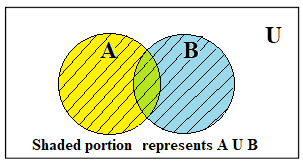In the previous articles, we have studied the basics of set theory and its terminology. In this article, we shall study operations of sets including Union of sets, Intersection of sets, a complement of a set, Cartesian product of sets. The basic operations on sets are: Union of sets Intersection of sets A complement of […]
Operations on Sets


